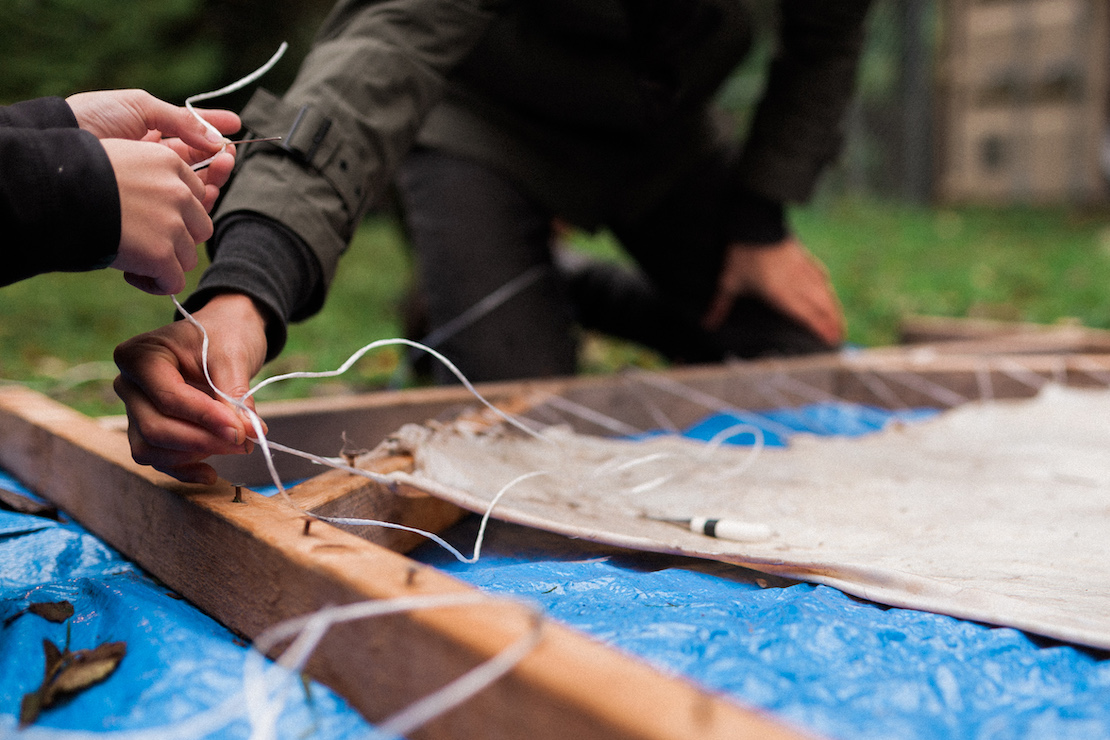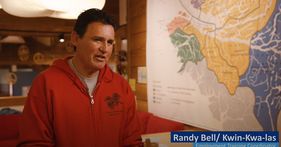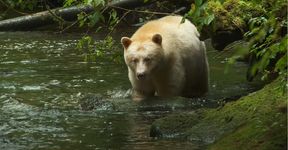Provincial parks in British Columbia cover a large part of the province and include many culturally important places for Indigenous Peoples. BC Parks recognizes that building and maintaining relationships with Indigenous Peoples has not always been a major driver in park establishment or management, but has more recently become a central part of the work we do.
BC Parks is working toward true and meaningful collaboration with Indigenous Peoples, informed by respect for their deep and ongoing connections to the land. Today, reconciliation is a core principle guiding the work of BC Parks and is a shared responsibility of everyone in the agency.
BC Parks has been partnering with First Nations communities on hundreds of projects that nurture our common interests in stewardship, management and appreciation of these special places. As we continue to renew and strengthen our relationships with Indigenous Peoples, BC Parks will also strive to better integrate Indigenous knowledge, values and interests into parks planning and management as we work together towards a shared future.
BC Parks recognizes and affirms the continued exercise of constitutionally protected Aboriginal rights in provincial parks and protected areas, such as: hunting, fishing, gathering, social, and ceremonial activities.
About Indigenous Peoples in British Columbia
Did you know there are 35 distinct Indigenous culture/language groups and over 200 First Nations in British Columbia? To learn more about First Nations cultures, languages, and practices in BC, as well as more about appropriate terminology and pronunciations, please follow the links below:
BC Parks' partnerships with First Nations
BC Parks’ commitment to reconciliation is guided by various provincial, federal and international documents. To learn more about these guiding documents, and what BC Park’s reconciliation work is informed by, follow the links below:
BC Parks' commitment to reconciliation
BC Parks is proud of the collaborative work we do with Indigenous communities across the province in our shared responsibility to preserve and steward our protected areas. Some examples of this work include:
- Woss / Wa’s Lake Provincial Park - Historic Grease Trail restoration with 'Namgis
- Three B.C. parks renamed as part of reconciliation efforts
- Connecting with Indigenous Languages in BC's Parks
- Saysutshun: Teachings and history explored through renamed park
- ȽÁU,WELṈEW̱/John Dean Park: Celebrating renaming to include Indigenous name
- Conservation and culture at the heart of newly protected areas
- Conservancy renamed Ice Mountain, reflects Tahltan heritage
BC Parks recognizes and respects Indigenous place names. The Indigenous (re)naming of our parks and protected areas is an important step in our ongoing reconciliation efforts with Indigenous Peoples. For more information on how to submit a name change proposal read our Parks and Protected Areas Indigenous (re)Naming Checklist [PDF].
BC Parks Reconciliation Action Plan
The BC Parks Reconciliation Action Plan highlights work we're already doing and visionary actions for the future.


